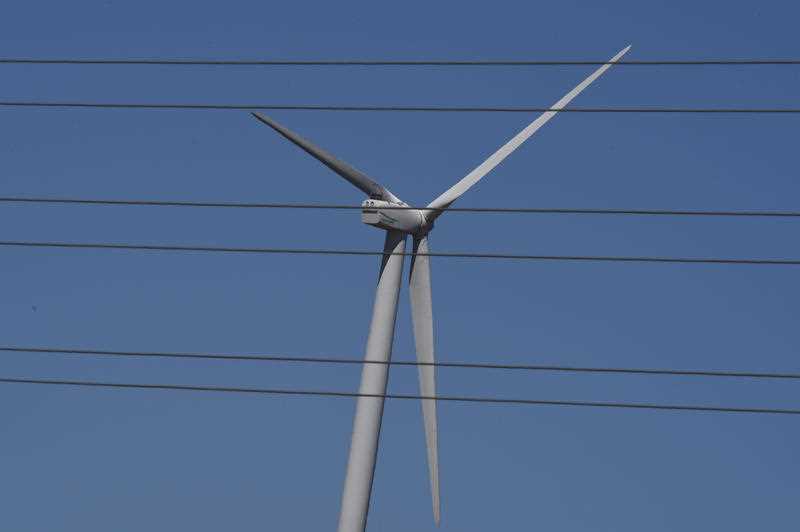Cheaper future power bills are being promised thanks to renewable energy investment as the federal government lauds an increase in project approvals.
But eastern state governments are grappling with ways to reduce the pain of immediate power price hikes facing households and businesses.
Environment Minister Tanya Plibersek has approved 11 renewable energy projects since taking office 10 months ago.
She said the approvals more than doubled the former coalition government’s tally of five and the Albanese government had created “an environment of certainty” for investors.
“We’ve got more businesses wanting to invest in renewable energy projects, because they know we’ve got a target of 82 per cent renewable energy in our grid by 2030,” she told ABC radio.
“We’re decarbonising our economy by getting cheaper, cleaner, renewable energy into people’s homes and businesses.”
But eastern state governments are facing a challenge to keep the lights on and prices low as the nation transitions away from fossil-fuelled energy sources.
Newly appointed NSW Environment Minister Penny Sharpe is preparing for the closure of the Liddell Power Station in the Hunter Valley, due within the next month.
- ‘Challenges’ for NSW grid as Hunter coal station closes (10 April 2023)
She said other coal-fired power plants had indicated their intent to close and did not want to understate the challenges ahead for energy security and prices.
“We need to make sure that renewable energy is coming online as fast as it possibly can,” she told reporters in Sydney.
“The challenges are big but the work can be done. We need to work quickly on renewables to plan properly for swapping out the (coal-fired power) base load as we make the transition.”
There are about 95 renewable energy projects before the federal environment minister for approval.
They include the Port Hedland solar project in Western Australia, the EnergyConnect NSW-Eastern Section transmission lines, and solar and wind farms in Queensland and South Australia.
Ms Plibersek has also faced criticism from environmentalists for approving new gas projects.
But she shrugged off suggestions the investment in renewables was being offset by green-lighting fossil fuel projects.
“It’s a bit disingenuous of critics to be focusing on one project increasing in size by 1.3 per cent,” she said of the Santos Surat Basin project.
Ms Plibersek said critics ignored the huge uptick in businesses wanting to invest in renewable energy in Australia.
By Maeve Bannister and Dominic Giannini in Canberra



